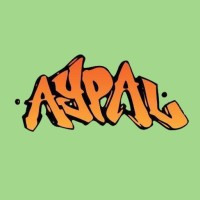
Plastic Oceans International
Plastic Oceans International is a US-based non-profit organization whose goal is to end plastic pollution and foster sustainable communities worldwide. We operate with the belief that we can and must act locally in order to create change globally, and we do so through four key pillars of activity: Education, Activism, Advocacy, and Science. Through supportive programs aligned with our pillars, and driven by embracing the circular economy, our mission is to inspire and incite action that can lead to changes in consumer behavior, corporate practices and public policy. Collectively, these changes will lead to a reduction in plastic pollution, regenerative communities and a healthier planet for many years to come.






